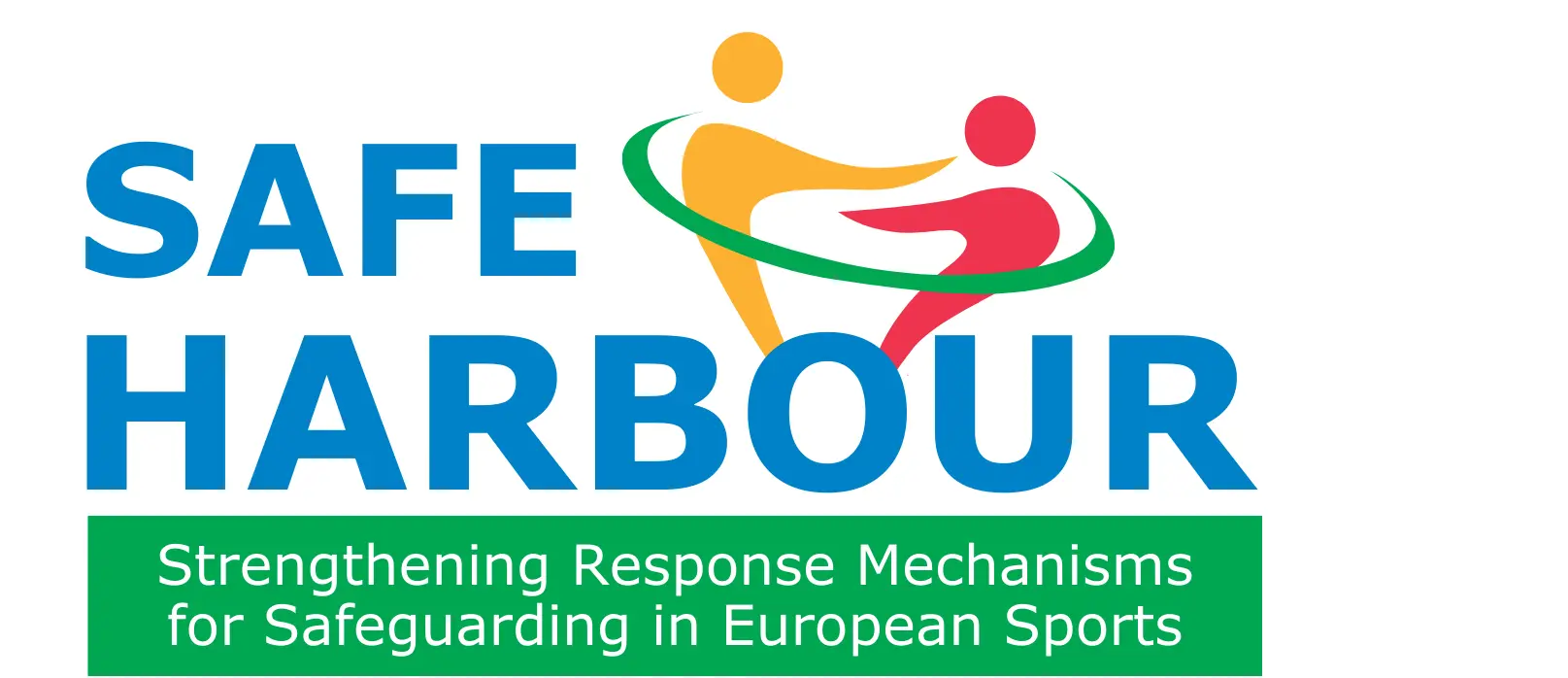TIME FOR STRENGTHENING RESPONSE MECHANISM FOR SAFEGUARDING IN EUROPEAN SPORTS.
The new Erasmus+ project, “Strengthening Response Mechanism for Safeguarding in European Sports” (SAFE HARBOUR), officially began on 1 January 2025. Running until June 2027, the project brings together a consortium of 27 partners, including the International Olympic Committee (IOC), two International Federations, 20 National Olympic Committees (NOCs), and leading experts such as Thomas More University and the Asser Institute.
As the project coordinator, the European Olympic Committees (EOC) EU Office will oversee the collaborative efforts to enhance safeguarding measures across European sports, encouraging a safer environment for all. Together, the consortium will map existing safeguarding practices, identify service gaps, and develop a European Response framework to guide safeguarding initiatives continent-wide. Additionally, the consortium will create National Strategies tailored to the needs of partner countries, providing effective approaches to address safeguarding challenges and offering specialised training programmes to build capacity and expertise.
A major milestone of the project will be the establishment of the European Network for Safeguarding in Sport (ENSS). This online platform will serve as a hub to promote collaboration, share best practices, and ensure the long-term sustainability of safeguarding efforts in European sports. Moreover, a series of National Multiplier Events will be organised to raise awareness and share knowledge with a broad range of stakeholders beyond the consortium, further amplifying the project’s reach and impact.
As a result, SAFE HARBOUR is expected to concretely empower partner NOCs and Federations with the tools and confidence to implement safeguarding measures effectively. It will also establish a comprehensive support network for Safeguarding Officers and lay the foundation for a future IOC Regional Safeguarding Hub.
The consortium’s Kick-off Meeting is scheduled for 28–29 January 2025 in Brussels, Belgium. This in-person meeting will provide an opportunity to define roles and responsibilities, strengthen collaboration, and set the stage for the project’s initial activities.
To remain up-to-date with the latest insights on the SAFE HARBOUR project, follow the official website, Newsletter and LinkedIn page.

